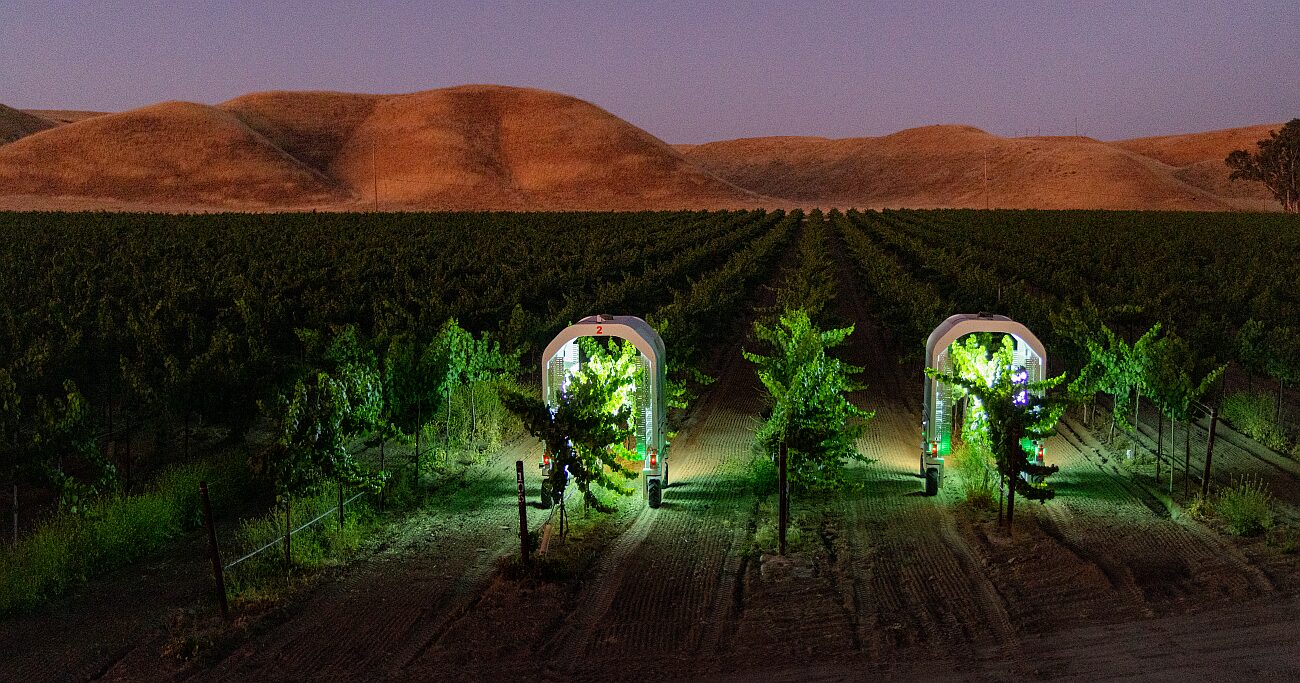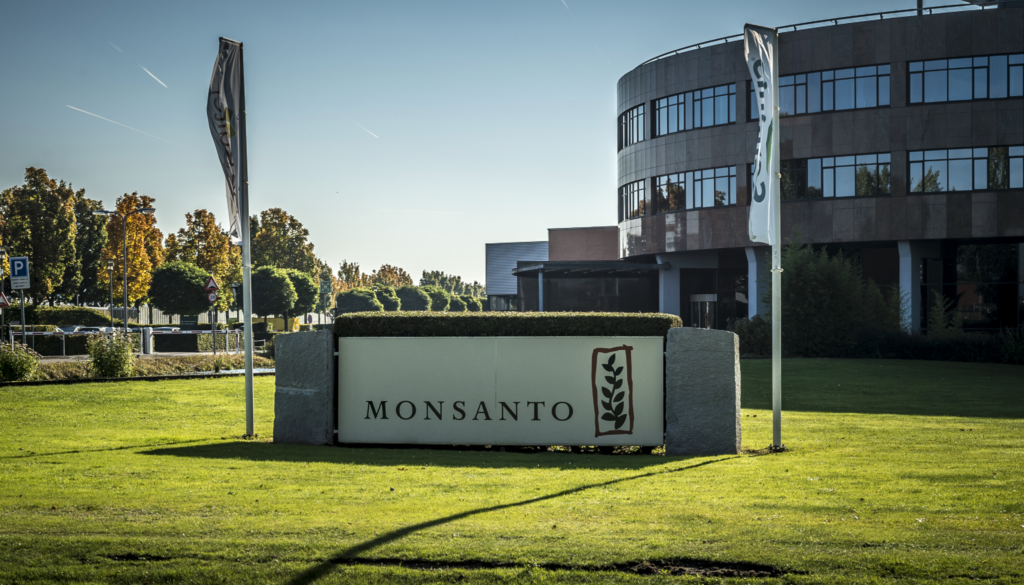
Saga Robotics' trialed the UV robots at Bien Nacido in the Central Coast
According to Google Search AI: "California wine grape growers heavily utilize fungicides, with approximately 90% of acreage treated annually, primarily for powdery mildew, which accounts for 74% of all pesticide applications. Programs typically involve 5.6 to 8+ in-season applications. Sulfur is the most used material, though synthetic fungicides like myclobutanil and quinoxyfen are also common."
[Saga Robotics press release announcing the management change.]
22nd Jan 2026 - Saga Robotics today announced the appointment of Caine Thompson as General Manager, U.S., effective January 26, 2026, as the company accelerates its commercial expansion in the U.S.
During the 2025 California wine grape season, Saga Robotics successfully achieved a 10x increase in acres under treatment, marking a significant milestone in the adoption of its autonomous Thorvald UV-C robot. Building on this momentum, the company expects to almost triple treated acreage again in 2026.
Caine brings more than 20 years of leadership experience across agriculture, sustainability, and commercial operations in the United States and New Zealand.
Most recently, Caine Thompson served as General Manager & Head of Sustainability at O’Neill Vintners & Distillers, where he led large-scale operational growth while advancing sustainability and regenerative farming initiatives across complex agricultural value chains.
Caine has been widely recognized in the wine industry as one of Wine Enthusiasts Future 40, one of Wine Business Monthly's Sustainability Stewards and the only US board member of the Regenerative Viticulture Foundation, where he is leading regenerative viticulture around the globe.
“To accelerate sustainable and regenerative viticulture further, chemical free winegrowing is the holy grail. The Thorvald UV-C robot is a rare technological breakthrough that is a solution to this problem. This is lowering the barrier to entry into sustainable, organic and regenerative winegrowing by eliminating the need for synthetic chemicals, which is transforming winegrowing” said Caine Thompson.
“As Saga Robotics enters its next phase of scale in the U.S., Caine Thompson brings exactly the operational discipline and commercial experience we need,” said Sacha de La Noë, CEO of Saga Robotics. “His track record in building teams, executing growth strategies, and working closely with growers makes him exceptionally well suited to lead our U.S. business as demand for sustainable disease control continues to accelerate.”
Founder Pål Johan From will transition from his role as General Manager, U.S., and return to Norway to assume the newly created position of Chief Growth Officer. In this role, Pål will lead strategic partnerships, UV-C technology development, expansion into new crops and markets, and support future fundraising activities. To ensure continuity through the critical 2026 season, Pål will remain actively involved in U.S. operations through June 2026.
As a supplementary close to its 2025 funding round, Saga Robotics also announced Xinomavro as a new investor. Xinomavro is an AgTech investment fund dedicated exclusively to technologies supporting the wine industry, led by wine industry insiders Guillaume De Pracomtal and Gregoire Letort. The investment strengthens Saga Robotics’ capital base while adding deep sector expertise to its investor group.
“Saga Robotics is addressing one of the wine industry’s most pressing challenges with a solution that is both practical and transformative,” said Guillaume De Pracomtal of Xinomavro. “Their ability to scale autonomous UV-C treatment in commercial vineyards positions them as a category leader, and we’re excited to support the team as adoption and additional services continue to grow.”
Saga Robotics looks forward to welcoming Caine Thompson and thanks Pål Johan From for his continued leadership and lasting contributions to the company’s growth and success.
For more on this story, see https://agfundernews.com/saga-robotics-bets-big-on-us-vineyards-with-new-gm-fresh-capital-for-uv-c-bots-chemical-free-winegrowing-is-the-holy-grail












.JPG.jpeg)





.jpeg)


.jpeg)
.jpeg)

.jpeg)
.jpeg)

.jpeg)